Vanderbilt Basic Sciences
-
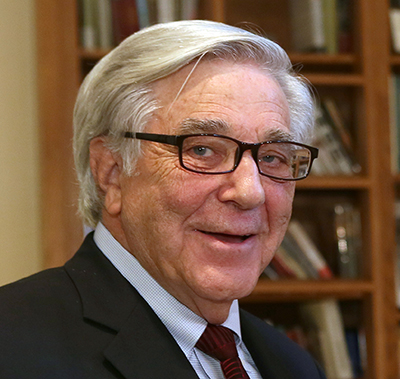
Billy Hudson’s Aspirnaut program featured on NBC Nightly News with Lester Holt on August 2nd.
In Grapevine, Arkansas students spent more than two hours on the school bus every day for years. Local scientist Billy Hudson saw that time as an opportunity to create a “magic” school bus with internet and computers where students could spend time learning. Now, more than a decade later, Hudson… Read MoreAug. 3, 2022
-
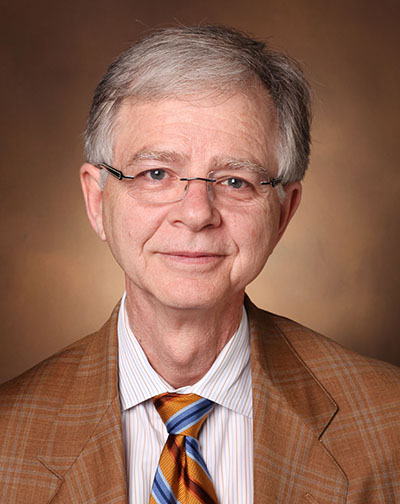
Researchers find potential new target against colorectal cancer
Researchers at Vanderbilt University Medical Center have discovered a potential new target in the fight against colorectal cancer, the nation’s third most common malignancy and, next to lung cancer, the second leading cancer killer. This month in the journal Gastroenterology, R. Daniel Beauchamp, MD, Anna Means, PhD,… Read MoreAug. 2, 2022
-

Study reveals need for matching targeted therapies with EGFR subtypes
New research from Vanderbilt investigators suggests that clinicians should take a deeper dive into distinguishing EGFR mutations when prescribing targeted therapies for non-small-cell lung cancers. EGFR exon 19 deletion mutations are the most common EGFR mutations in patients with lung cancer. However, the term “exon 19 deletion” is a catch-all… Read MoreJul. 28, 2022
-
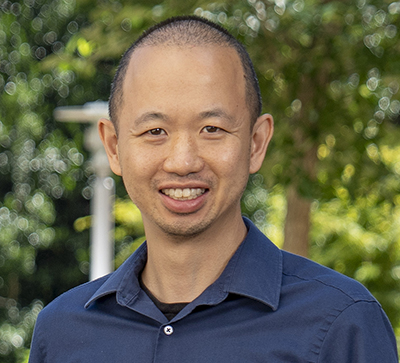
C. difficile may contribute to colorectal cancer: study
The bacterium Clostridioides difficile (C. difficile), which causes severe diarrhea and an estimated 400,000 infections annually in the United States, may be a previously unrecognized contributor to colorectal cancer. The findings from human colon cancer specimens, culturing, and mouse models were reported last month by researchers at Johns Hopkins… Read MoreJul. 28, 2022
-
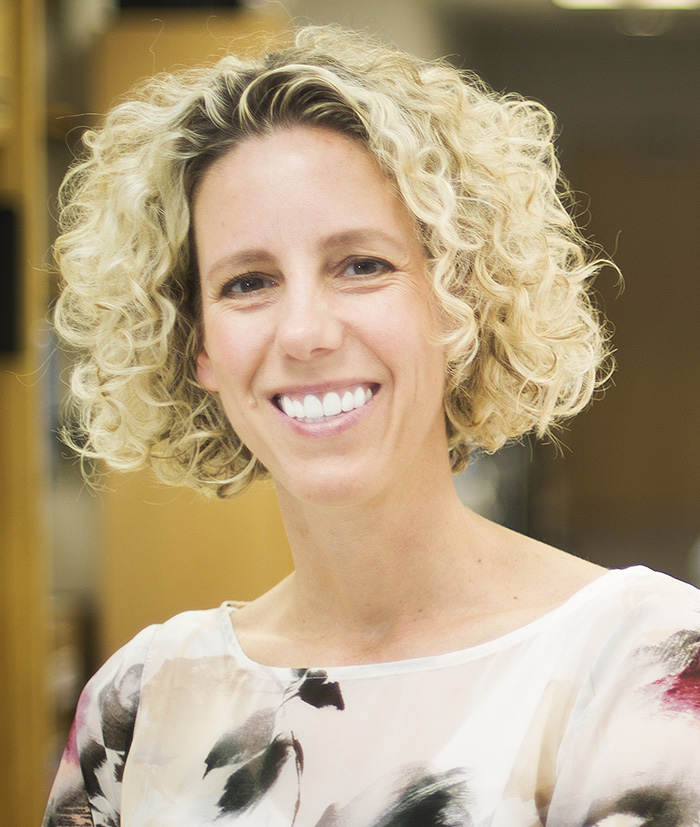
Weight cycling increases diabetes risk
Alyssa Hasty, Cornelius Vanderbilt Professor of Molecular Physiology and Biophysics, specializes in immunometabolism, specifically on the role that the immune system plays in obesity and metabolic disease. Recent work from her lab explored the changes in immune cell populations in fat during obesity, weight loss, and weight cycling. The work,… Read MoreJul. 19, 2022
-
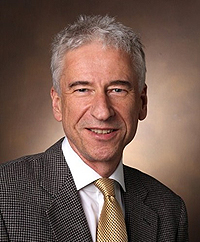
Signals from dying cells are necessary for stem cell differentiation
A Vanderbilt laboratory is investigating the sequence of events necessary for the differentiation of stem cells into heart cells—a key step in embryonic development. Postdoctoral fellow Loic Fort and Louise B. McGavock Professor and Chair of Cell and Developmental Biology Ian Macara published their most recent discoveries on this topic… Read MoreJul. 15, 2022
-
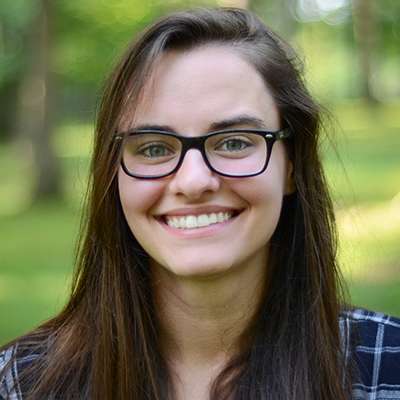
Vanderbilt MSTP students receive P.E.O. Scholar Awards
Margaret Axelrod, PhD, Rachel Brown, PhD, and Simone Herzberg, aspiring physician-scientists in Vanderbilt University’s Medical Scientist Training Program (MSTP), are among this year’s recipients of highly competitive P.E.O. Scholar Awards. Recipients of the $20,000 awards from P.E.O. International, a philanthropic organization based in Des Moines,… Read MoreJul. 15, 2022
-
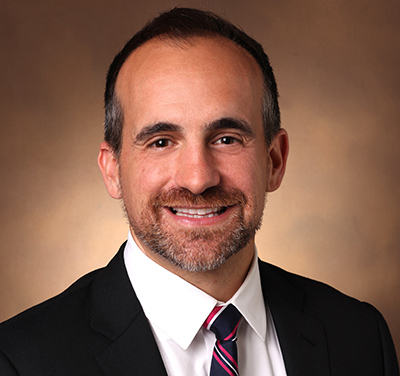
Mathers Foundation award supports study of crosstalk between skeletal, immune systems
Jim Cassat, MD, PhD, associate professor of Pediatrics, Pathology, Microbiology and Immunology, and Biomedical Engineering, has received a three-year, $750,000 award from the G. Harold and Leila Y. Mathers Foundation to support research exploring the interplay between bone homeostasis and infectious disease. The Mathers… Read MoreJul. 8, 2022
-
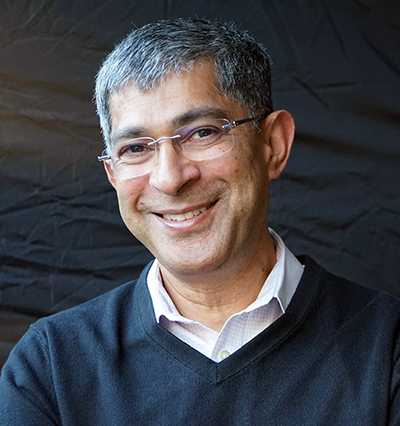
Vanderbilt School of Medicine Basic Sciences names renowned scholar John Kuriyan as next dean
Vanderbilt University has named John Kuriyan, one of the world’s leading structural biologists, as its next dean of the School of Medicine Basic Sciences, C. Cybele Raver, provost and vice chancellor for academic affairs, announced today. Kuriyan’s appointment, effective Jan. 1, 2023, will advance the university’s… Read MoreJun. 21, 2022
-

Vanderbilt collaborates with HBCUs on recommendations for producing Black professionals in STEMM at predominantly white institutions
Researchers who have graduated from, attended, taught or been heavily mentored by faculty at historically Black colleges and universities, or HBCUs, have produced a comprehensive review of existing strengths and opportunities that will enable more Black graduates from predominantly white institutions, or PWIs, to enter science, technology, engineering, mathematics and… Read MoreJun. 20, 2022